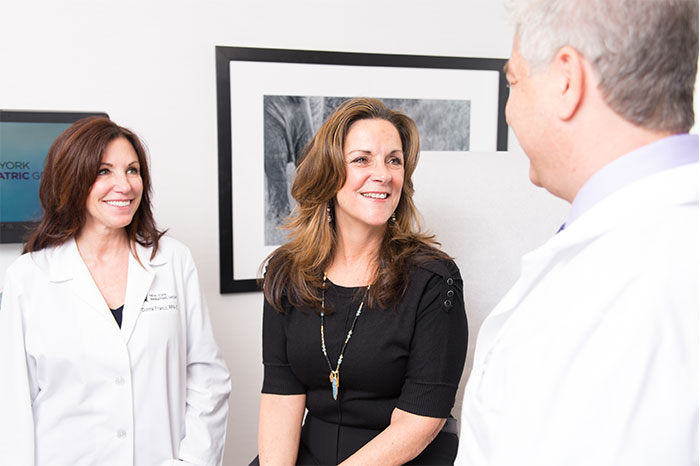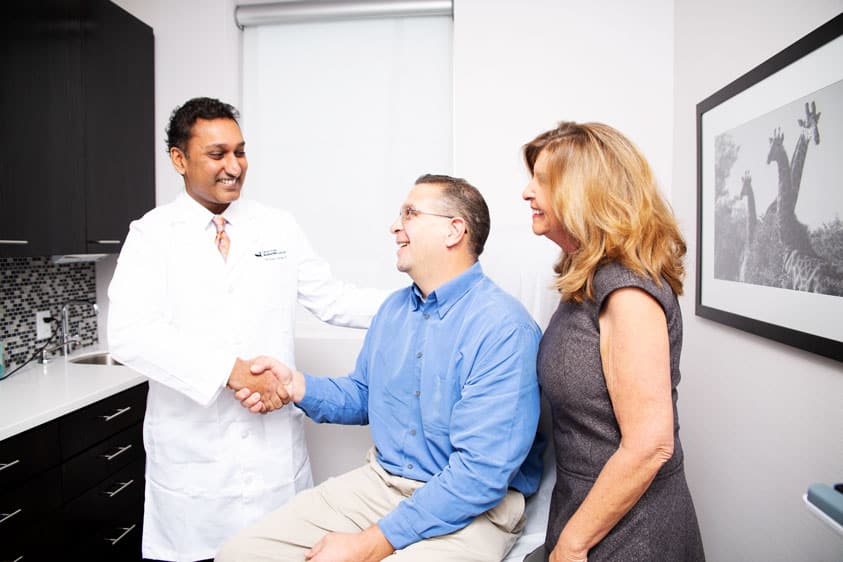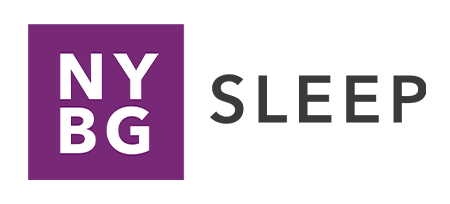- Gasping or choking while sleeping
- Sleepiness or tiredness during the daytime
- Regular or loud snoring
Sleep Conditions

About Obstructive Sleep Apnea
Signs of OSA Include the following:
Risks if OSA is left untreated:
- Lack of concentration
- High blood pressure
- depression
- Car accidents
What Should I Do On The Day of My Home Sleep Study?
- Stick to your regular routine as much as possible
- Refrain from napping
- Avoid caffeine after lunch
- Consult your health care provider on whether or not you should take your regular medication on the day of your Home Sleep Study
What Happens After My Home Sleep Study Test?
All of the information gathered during your sleep study will be sent to a sleep specialist who will interpret it for you and determine the next course of action. Sometimes, an in-lab sleep study will be necessary to gather further information.
Why would an In-Lab Sleep Study be necessary?
- Sometimes the Home Sleep Study doesn’t record enough information to allow the specialist to determine a diagnosis.
- If your Home Sleep Study results reveal that you do have Obstructive Sleep Apnea, then we’ll have you visit one of our treatment centers to fully address the situation
Treatments:
- Positive Airway Pressure: one of the most common treatments for OSA is PAP, or positive Airway Pressure Therapy
Other treatments:
- Weight loss: if you happen to be overweight, reducing your BMI can improve and sometimes eliminate your OSA
- Surgery: some with OSA have surgery which reduces the tissue in the throat. They may also choose to have bariatric surgery to help them lose weight
- Lifestyle and/or behavioral changes (ie: quitting smoking or drinking alcoholic beverages)

Get in touch
New York, SMITHTOWN, STAMFORD, ROSLYN HEIGHTS, CORTLANDT MANOR, WAYNE, PORT JEFFERSON, FISHKILL, ASTORIA, FAIRFIELD, WEST NYACK, HARTFORD
Phone: 800-633-8446
Come visit one of our New York Sleep Apnea Treatment Centers
Your In-Lab Sleep Study
Why Do I Need To Have A Sleep Study?
Certain sleep disorders, such as sleep apnea or narcolepsy, are best tested with a In-Lap Sleep Study. The study will be conducted overnight in a sleep center, which will provide your doctor with a complete evaluation of your body during sleep.
About the In-Lab Sleep Study
What Should I Do The Day Of My Sleep Test?
- Stick to your regular daily routine as best as you can
- Avoid Napping
- Avoid caffeinated beverages after lunch
- Be sure to not use any hair sprays or gels, they can interfere with the sleep equipment’s recording
- Consults with your health are provider on whether you should take your daily medication during your test
What should I Bring?
- Comfortable clothing to sleep in
- The items you need for your nighttime routine
- Medications that have been cleared to be taken for this sleep study
What Happens After I Get To The Sleep Center?
Once you get to the center, and go through a quick debriefing with the sleep technologist, you will begin to get ready for bed. You will have your own personal room with a bathroom where you can begin to relax and prepare for sleep. The Technologist will then come in and attach the equipment sensors to your body. These sensors will monitor your brainwaves while you are sleeping. Be sure to inform the technologist if you have any allergies or are sensitive to any adhesives that may be used to attach the monitors to your skin. While you are sleeping, there will be cameras that will monitor you in case help is needed, such as a sensor coming loose during the night.
The Sensors Measure the Following:
- Your Brainwaves
- Your Heart rate
- Your breathing
- Your oxygen levels
- Any Leg and/or arm movements
Many patients are concerned that they will have a hard time falling asleep in an unfamiliar environment, but most people are in fact able to sleep long enough to allow for a diagnosis.
OSA or Obstructive Sleep Apnea:
Sometimes, the muscles in the throat will relax and cause the airway to collapse. This is referred to as OSA. Since the airway has collapsed, the level of oxygen in the blood decreases due to the lack of air flowing into the lungs. If it is thought that you have OSA, the sleep technologist will then fit you with a CPAP mask that will be worn throughout the study in the event that the study becomes a CPAP study.
What Happens After The Test?
Once your study is completed, the information recorded will be sent to a sleep specialist who will evaluate and discuss the results with you. This process can take up to several days or even a week so that the study may be properly evaluated.
If you have any concerns, questions, or comments or would like to schedule a consultation at NYBG Sleep Lab, please feel free to give us a call or schedule a consultation online. Let us help you with any sleep difficulties you may be experiencing!
